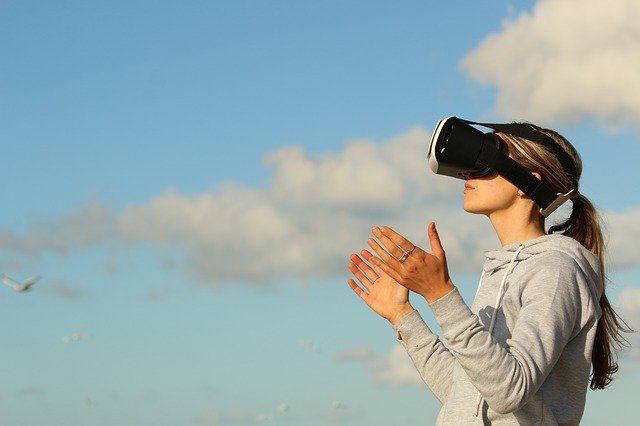A magazine where the digital world meets the real world.
On the web
- Home
- Browse by date
- Browse by topic
- Enter the maze
- Follow our blog
- Follow us on Twitter
- Resources for teachers
- Subscribe
In print
What is cs4fn?
- About us
- Contact us
- Partners
- Privacy and cookies
- Copyright and contributions
- Links to other fun sites
- Complete our questionnaire, give us feedback
Search:
Back (page) to health
by Paul Curzon, Queen Mary University of London

Improvements in technology and decision making are transforming the way we look after our health. Here are some more interesting ideas to keep people alive and well.
The future is in your poo
You’ve heard of telling a person's future from reading their tea leaves. Scientists believe an effective way of seeing a town’s future may be in the poo. By looking for infection in the waste at sewerage works it’s possible to get fast and accurate local knowledge of where infection rates are high and where low.
Health advice: Stay in the toilet, Stay safe. Help the NHS.
Virtually breaking quarantine
The game, World of Warcraft, a multi-user dungeon game, helped virologists understand how people might behave in pandemics. The game’s developers released a plague that could be passed between avatars. The game’s contaminated area was quarantined. Rather than dying out, the virus escaped - because people broke into the quarantined areas to gawk, then left taking the virus with them.
Health advice: Your avatar should obey quarantine rules too!
The missing bullet holes
To stay healthy in a war, avoid being hit by a bullet. In World War II, many aircraft returned badly damaged. Abraham Wald studied them to decide where better armour was needed. There were more bullet holes in the fuselage than the engines. Where would you add the armour? Abraham added it where there were no bullet holes. He reasoned that the lack of holes in places like engines on returning planes meant that being hit there brought the plane down. Being hit elsewhere did not kill the pilots as those planes made it home!
Health advice: Dodge bullets by making good decisions ...
Cybersick of virtual reality
A problem with virtual reality is that wearing a headset can be so immersive that it makes some people actually sick. This happens if you move about when watching a 3D video that was shot from a single place. Artificial intelligence software has come to the rescue, detecting puke-inducing movement and automatically correcting the image.
Health advice: If no bucket, always keep an AI handy.
Shining light on cancers
Cancer treatments like chemotherapy and radiotherapy make patients ill. Some drugs make cancer sensitive to light, allowing tumours to be killed by painlessly shining light on them instead. Sadly, that’s not easy when cancers are inside the body. A new Japanese solution is an LED chip, based on the technology used by contactless payment cards to provide power from a distance. Surgeons place it under the skin and leave it there. They glue it in place using a sticky protein from the feet of mussels. It shines low-intensity green light on the cancer, shrinking it.
Health advice: Stick a chip to your tumour
Smart sometimes means no gadgets
Being smart about health doesn’t have to be high-tech or even involve drugs. Exercise, for example, can be as effective helping with depression as taking medicine. Being out in nature can help too, so sometimes it’s worth leaving the gadgets behind and just going for a walk to enjoy the beauty of nature.
Health advice: Walk weekly in the woods


